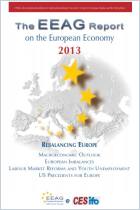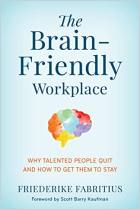
Read or listen offline
Recommendation
Greece is far from a solution to its ongoing fiscal morass. Economist Hans-Werner Sinn outlines how, despite massive financial rescue missions, the Greek economy has deteriorated. He contests Greek arguments that the rescue package went solely to pay off euro-zone creditors and excoriates the government for, among other failures, not implementing the critical structural reforms that would help restore the country’s competitiveness and allow it a reprieve from the crisis. Sinn expertly presents one side of a multifaceted story, but some readers may find his tone, at times, somewhat brusque and dismissive. Though always neutral, getAbstract recommends this dense and detailed analysis to euro watchers everywhere.
Take-Aways
About the Author
Hans-Werner Sinn is a professor at the University of Munich and president of the Ifo Institute.



















Comment on this summary or 开始讨论